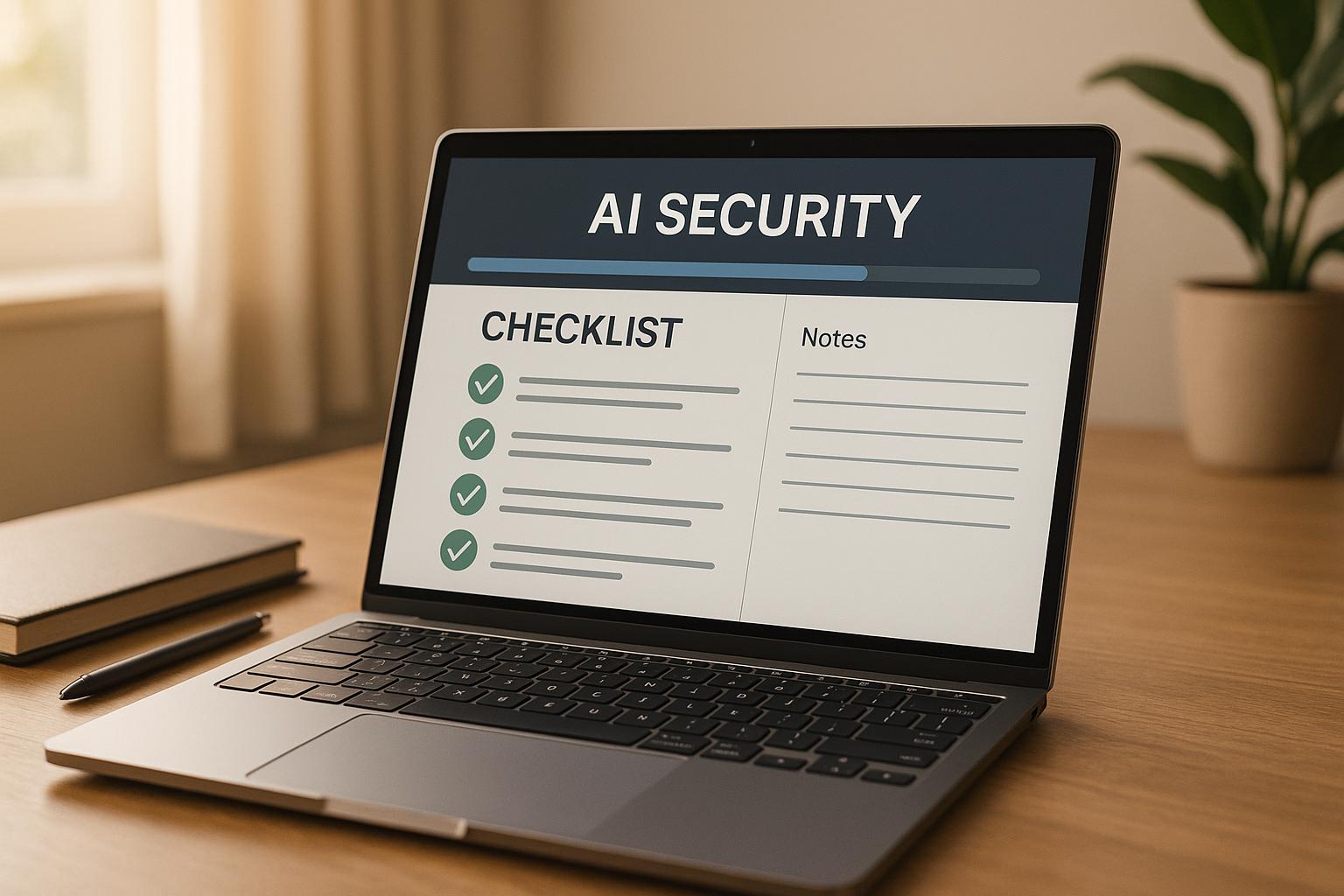
In today’s fast-paced digital landscape, artificial intelligence is transforming industries, but it also brings unique risks. Ensuring the safety of your AI systems isn’t just a technical necessity—it’s a business imperative. A well-structured approach to protecting your implementations can prevent data breaches, maintain user trust, and keep your operations running smoothly.
AI often deals with vast amounts of sensitive information, from personal user data to proprietary algorithms. Without proper safeguards, you’re leaving the door open to cyber threats. That’s where a thoughtful plan comes in. By following proven strategies—think robust encryption, strict access policies, and routine system checks—you can mitigate risks before they become problems. It’s about being proactive rather than reactive.
Beyond tools and checklists, fostering a mindset of vigilance within your team is key. Encourage regular training on emerging threats and keep communication open about potential vulnerabilities. Pair this with practical resources, and you’ve got a recipe for long-term protection. Remember, securing your technology isn’t a one-time task; it’s an ongoing commitment to excellence and responsibility.
AI systems handle sensitive data and complex processes, making them prime targets for breaches if not properly secured. This checklist walks you through essential steps like encrypting data and setting up access controls. It’s not just about ticking boxes—it’s about building a solid foundation to protect your tech and your users. Plus, having a structured approach saves you from missing critical details that could lead to vulnerabilities.
Absolutely! While the checklist comes with proven best practices, the notes feature lets you tailor it to your project’s unique needs. Jot down specific tools you’re using for encryption or details about your audit schedule. It’s designed to be flexible, so you can adapt it to fit small startups or large-scale deployments. If something’s missing, just add it in your notes for a personalized touch.
It’s super simple. Each time you check off a completed task, the tool calculates the percentage of items you’ve finished and updates a progress bar. You’ll also see a summary of what’s left to tackle. This keeps you motivated and gives a clear picture of where you stand. Once you’re done, save or print the whole thing—notes and all—for your records or to share with your team.


